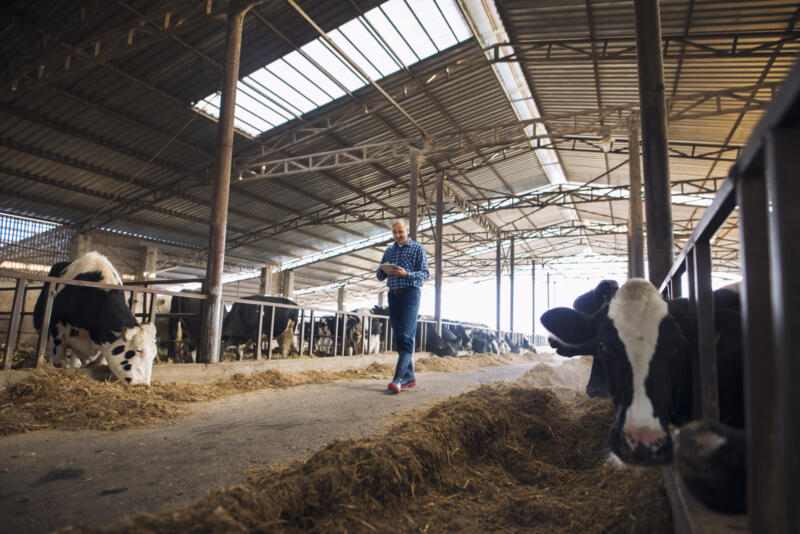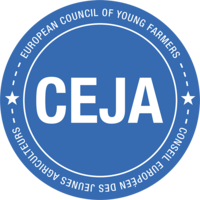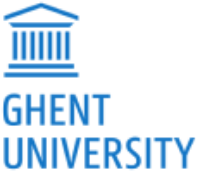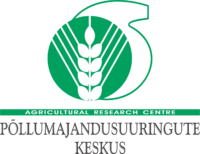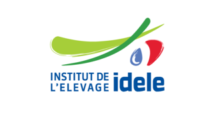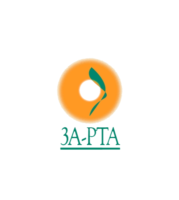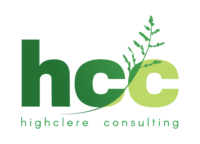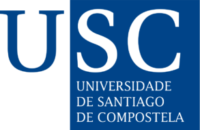EUREKA is developing an 'EU FarmBook' - a centralised, open-source e-platform for collecting and sharing the many different types of end-user material produced by Horizon 2020 multi-actor projects. These could include videos, books, guidelines, practices abstracts and scientific articles. To learn what the most important types of information and practical knowledge are for practitioners – especially foresters, farmers, and advisors – the project includes close interaction with these stakeholders during workshops, meetings, and using surveys. The EUREKA KIP is delivering input on the results of the project and is therefore part of the co-creation process intended to maximise the quality and impact of the outcomes of EUREKA in terms of end-user uptake.
More specifically, the EUREKA KIP is a multi-actor panel of around 80 members that assist the EUREKA consortium team in the assessment and evaluation of running H2020 MA projects (Research and innovation actions (RIA), Innovation actions (IA), and Coordination and support actions (CSA)), including coming up with a harmonised approach and identifying the best formats, tools and ways to collect and disseminate knowledge that is oriented to the end users’ needs. The KIP is consulted on a regular basis through workshops, surveys and working-group meetings. Half of the KIP members are end-users themselves or have strong links with end-users through their involvement in practical research centres, operational groups, farmer and advisor organisations, as innovation brokers, etc. The other KIP members were selected on the basis of their expertise in H2020 MA projects (project coordinators or consortium members) and/or fields that are strongly related to the outputs of the EUREKA project.
Fruitful feedback on EUREKA activities
During the KIP-meeting, the progress of the different work packages and tasks were presented, e.g. mapping the knowledge/data produced in multi-actor projects in order to identify and co-create best practices (Work Package 1); getting to know the expected user of the EUREKA platform (WP2); and the current status and next steps for development of the EU FarmBook platform (WP4).
All participants (including members of the KIP and EUREKA consortium) divided up into three breakout groups, and each focused on an important aspect of MA projects: (i) The multi-actor approach (MAA), (ii) Communication and (iii) Impact. The key takeaways from these collective brainstorming sessions were:
MAA
- Continued involvement and collaboration of a network of actors over a long period of time is preferred and helpful in meeting challenging goals.
- A clear plan and common understanding of the role of each actor and how to collaborate with other team members is often lacking.
Impact
- Assessment of impact should be project specific.
- Many KIP and EUREKA members felt that there was a need for a clear and strong statement and clear plan on what the real impact of their project should be, as well as how and when it will be assessed.
- A big challenge: Participants agreed that the real evaluation of impact requires ongoing assessment after project, but how can this be achieved? It would require dedicated resources and budget.
Communication
- Projects should focus on quality of communication over quantity, but frequent messages, posts and updates are crucial.
- Best practice: Strive to say something unique with each communication; avoid overused or cliché message.
- An important challenge is getting a two-way, dynamic conversation going between project partners and the wider audience they are targeting, including feedback on communication, outputs, and how the project is perceived. (The EU FarmBook will allow registered users to leave comments and to "Like" or upvote/downvote content.)
In a short survey sent out after the meeting, one generous participant gave valuable and important feedback related to language barriers and how the meeting was conducted – particularly relevant in the context of a multi-actor project:
"If we aim for an inclusive participatory meeting that is open for people with different English levels, all ages and academic/non-academic background, it is crucial to slow down and only require people to work on one channel at the same time (either listening or reading or writing). Such a conference concept requires more work in preparation for and more discipline during the meeting. … The concept for such a more inclusive conference type will be part of a successful multi-actor environment that is applicable across Europe. … The constant awareness and critical reflection of this matter of fact will help with the ground-truthing of findings so far and the development of the user oriented platform."
In the final segment of the meeting, the preliminary version of the latest EUREKA project animated movie was presented for the first time. Feedback on the movie was very positive, with several very useful suggestions on how it could be improved.
The EUREKA consortium once again thanks all KIP members who participated in this highly valuable meeting that will help lead to a better outcome for our project and the EU FarmBook!
















